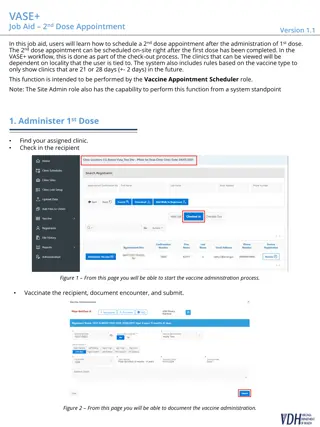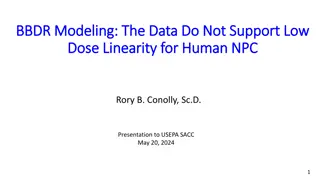
Writing Powerfully about Reading: Tips and Techniques
Explore how to write powerfully about your reading with tips on recording important details, exploring big ideas/themes, using academic language, explaining your thinking, and analyzing story elements. Enhance your writing skills for better interpretation and analysis of texts.
Download Presentation

Please find below an Image/Link to download the presentation.
The content on the website is provided AS IS for your information and personal use only. It may not be sold, licensed, or shared on other websites without obtaining consent from the author. If you encounter any issues during the download, it is possible that the publisher has removed the file from their server.
You are allowed to download the files provided on this website for personal or commercial use, subject to the condition that they are used lawfully. All files are the property of their respective owners.
The content on the website is provided AS IS for your information and personal use only. It may not be sold, licensed, or shared on other websites without obtaining consent from the author.
E N D
Presentation Transcript
DAILY DOSE 14 DAILY DOSE 14- -18 18 WEEK OF: 10-23-17 10-27-17
Dormant Dormant (DOOR mant) adjective: not active, sleeping Think of: Door Mat Imagine a door mat. Door mats are not active. They are dormant all of the time.
Outwit Outwit (out WIT) verb: to be more clever than someone else; to outsmart Think of: Out With It Imagine a detective who is so good at his job that he knows what people are going to say before they say it. If a suspect is lying, he simply says, Come on! Out with it. I know you are not telling the truth! He outwits the suspects.
Bloat Bloat (BLOWT) verb: to swell or puff up Think of: Boat Imagine a small boat that swells up into a large ship when it hits the water. The water causes the boat to bloat.
Disgruntled Disgruntled (dis GRUNT uhld) adjective: unhappy; dissatisfied Think of: This Grunt Imagine a man who grunts every time he is unhappy or dissatisfied. Whenever he is unhappy, he grunts and then says, This grunt sure makes me feel better and not so disgruntled.
Somberly Somberly (SOM bur lee) adverb: in a depressed manner Think of: Sombrero Imagine Jose. His mother makes him wear a sombrero to the market, and he hates it. Whenever Jose wears the sombrero, he walks somberly.
Monday October 23, 2017 October 23, 2017 EQ: How can I write powerfully about my reading? Warm up: Daily Dose 14-18 Mini- lesson: Theme Work session: Anchor chart- Writing to think about message/theme Book clubs- record your thinking: summaries, graphic organizers, jots REMINDERS: Quiz Friday- Daily Dose 14-18
Writing Powerfully about Reading Writing Powerfully about Reading Record important details (quotes, setting, symbolic objects). Explore big ideas/themes (linked to details). Use academic language (narrator, protagonist, resolution) Explain your thinking (write long to clarify) Connect story elements (analyze ways elements influence each other) Pursue worthwhile thinking across the book (let the story guide how you respond, write at important parts) Analyze craft: how/why an author used techniques and story elements (symbolism, time, multiple perspectives) The author used ________ in order to _________________.
Writing to Think about a Message or Theme Writing to Think about a Message or Theme I learned from (the character, the event) that in life it is important to Even if you should This story teaches us not only about but also about When I first read this story I thought it was just about but now that I think more deeply about it, I realize that it is really about Something that s true in this story that s also true in the world is (A character) shows/teaches/demonstrates that






















